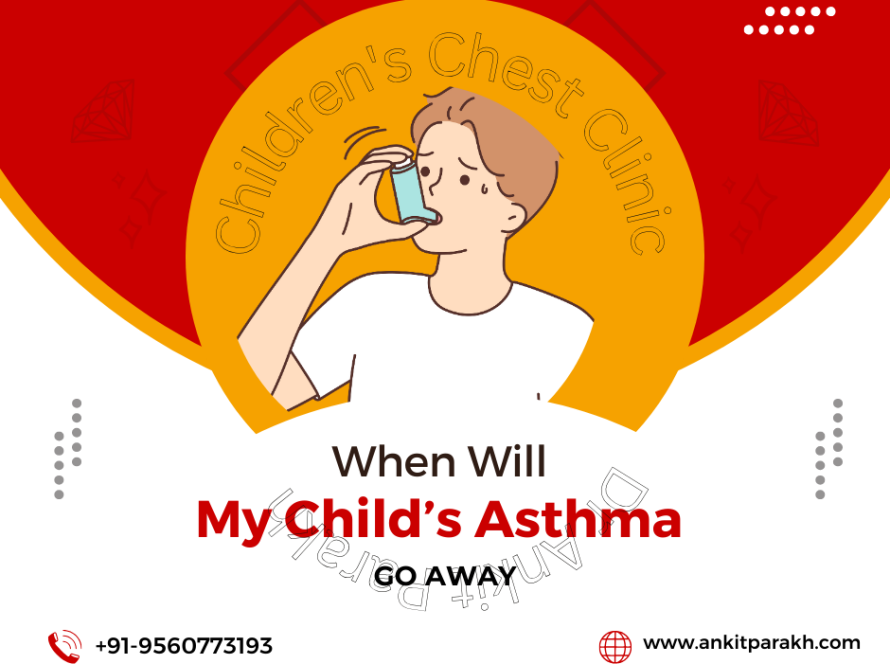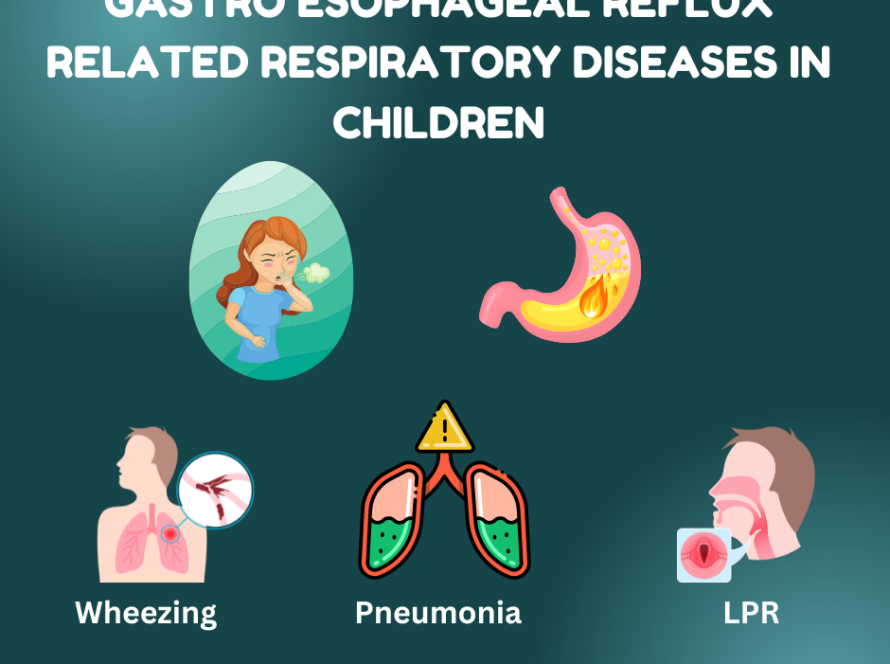Urticaria or hives are common in children and adults. Urticaria is usually short lasting and occurs in association with viral infections. In some children urticaria occurs repeatedly or happens continuously for more than 4-6 weeks. This form of Urticaria is described as chronic urticaria. Chronic urticaria (CU) is a disturbing allergic condition of the skin. Chronic urticaria is usually not a serious condition but occasionally can be a red flag sign of a serious internal disease.
What are the types of Chronic Urticaria seen in children?
Chronic Urticaria can be spontaneous or idiopathic where the cause of urticaria is not exactly known. The other form of urticaria is a chronic inducible urticaria which occurs in response to cold, heat, sunlight or pressure.
What is the most common cause of chronic urticaria?
The most common cause of chronic urticaria in children is idiopathic, which means that the reason for chronic urticaria is not exactly known to science.

Is chronic urticaria a sign of an underlying serious disease in children?
Chronic Urticaria can be a sign of an underlying serious disease in some children. The most frequent diseases associated with chronic urticaria in children are auto-immune diseases. Common auto-immune diseases associated with urticaria are autoimmune thyroid disease, juvenile rheumatoid arthritis and systemic lupus erythematosus.
How do we treat chronic urticaria in children?
The first line medicines for chronic urticaria are H1 antihistamines like cetrizine, levocetirizine etc. These medicines are very safe and need to be continued regularly for a long time. The dose of H1 antihistamines needs to be adjusted as per the child’s severity of urticaria. In some situations if urticaria is severe and poorly controlled newer treatments are available. Omalizumab is an Anti IgE medicine and very effective in the treatment of urticaria in children. Cyclosporine has also been used with good response.
Does chronic urticaria ever go away?
Research has shown that most cases of chronic idiopathic urticaria will eventually go away. Although it is quite difficult to predict when the urticaria will remit in a particular child. The severity of the urticaria is also fluctuating, which means that it can be worse at sometimes and better at sometimes. The child hence would need different levels of treatment during the course of the urticaria.
If your child is having chronic urticaria you need to get in touch with a pediatric allergist for proper evaluation, investigations and treatment.






